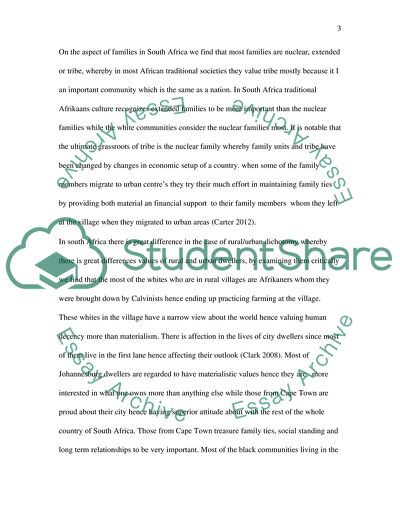Cite this document
(The Culture and Behavior of South Africa Conflicts Case Study, n.d.)
The Culture and Behavior of South Africa Conflicts Case Study. Retrieved from https://studentshare.org/sociology/1779828-evaluting-cultures-and-behaviors-of-a-country
The Culture and Behavior of South Africa Conflicts Case Study. Retrieved from https://studentshare.org/sociology/1779828-evaluting-cultures-and-behaviors-of-a-country
(The Culture and Behavior of South Africa Conflicts Case Study)
The Culture and Behavior of South Africa Conflicts Case Study. https://studentshare.org/sociology/1779828-evaluting-cultures-and-behaviors-of-a-country.
The Culture and Behavior of South Africa Conflicts Case Study. https://studentshare.org/sociology/1779828-evaluting-cultures-and-behaviors-of-a-country.
“The Culture and Behavior of South Africa Conflicts Case Study”. https://studentshare.org/sociology/1779828-evaluting-cultures-and-behaviors-of-a-country.


